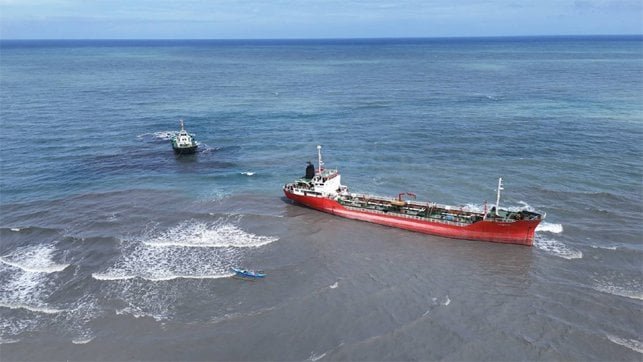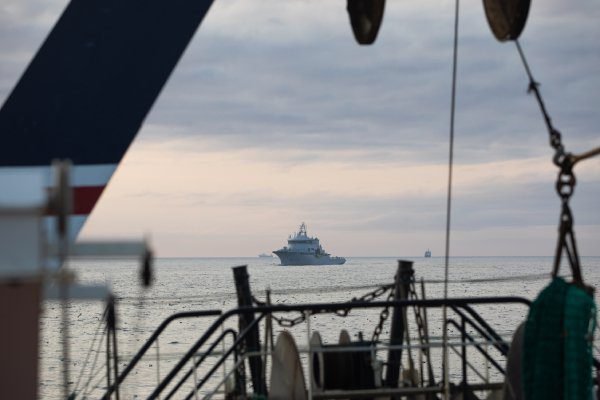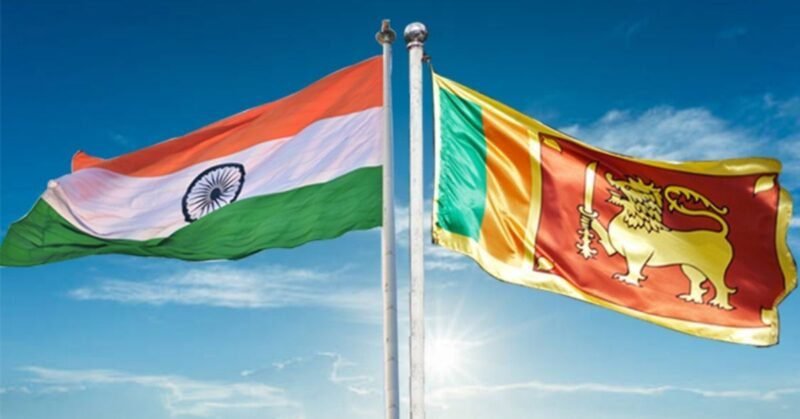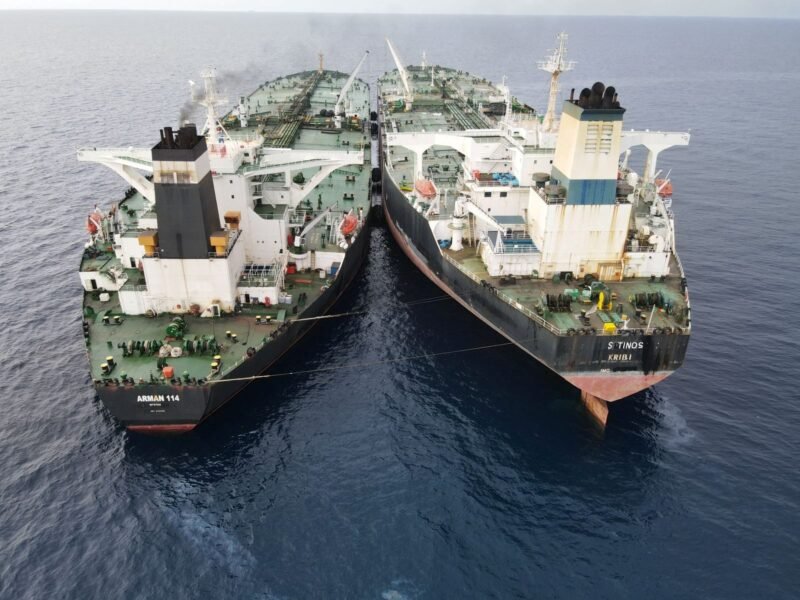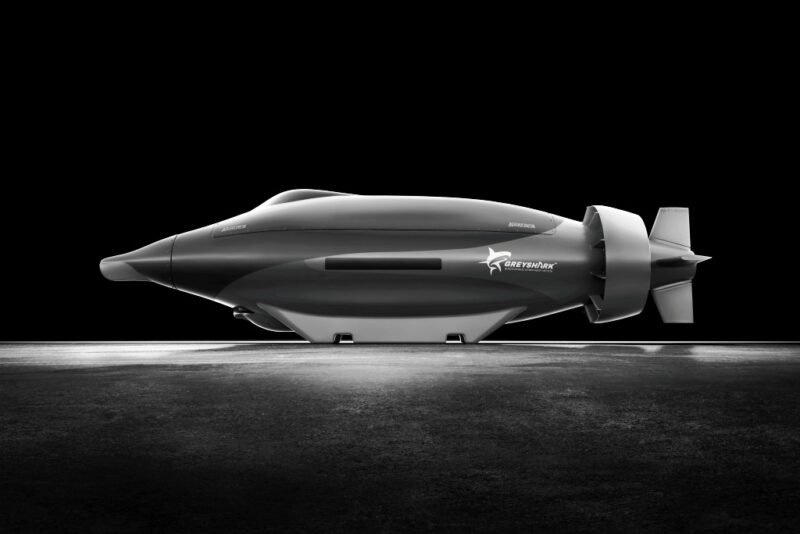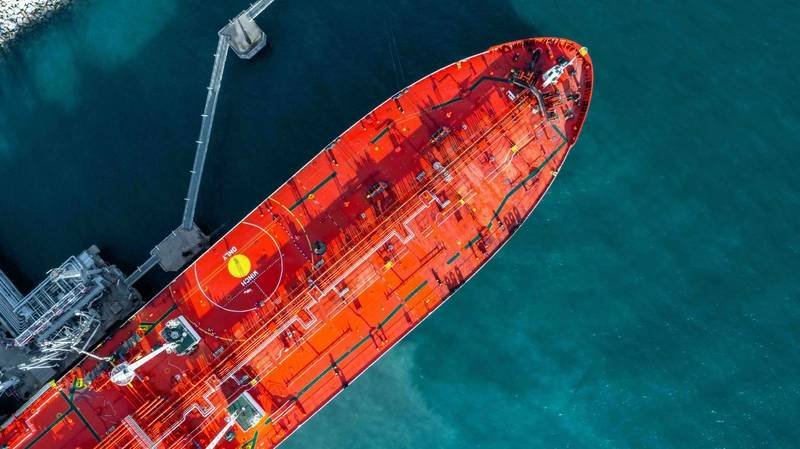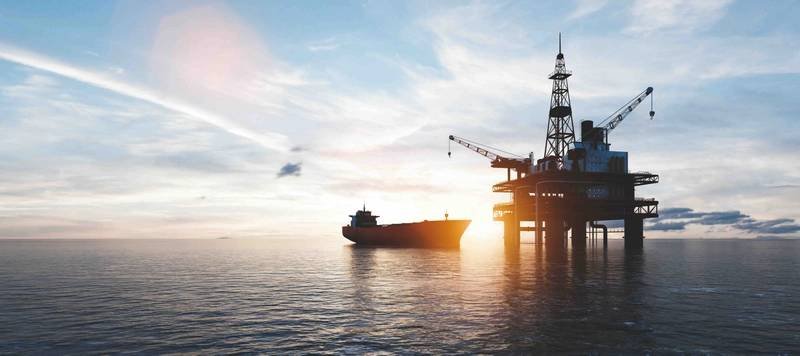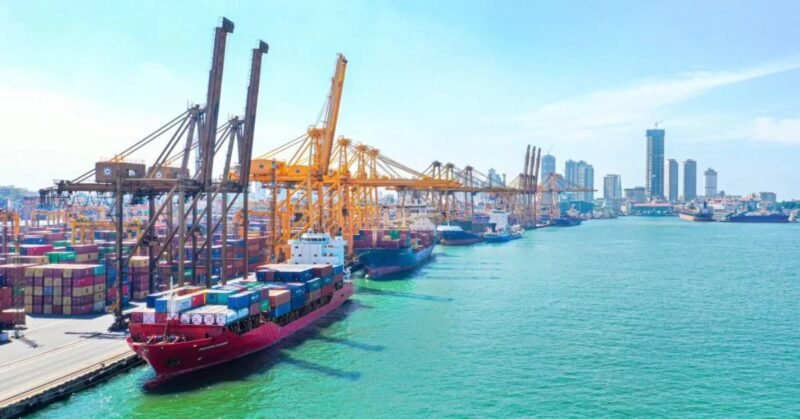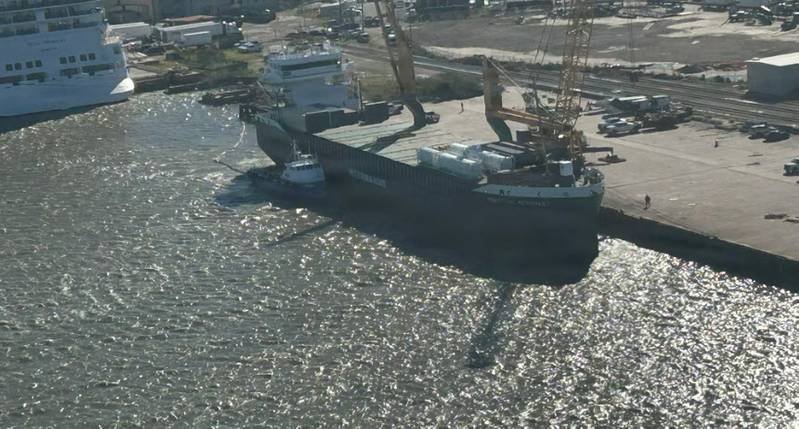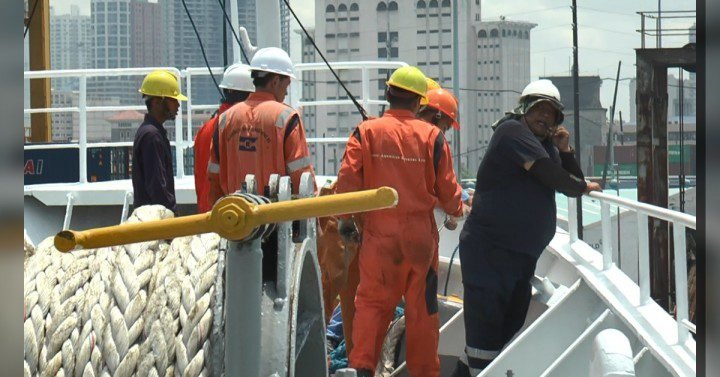The Marine Environment Protection Authority of Sri Lanka has reported a successful case of using a new satellite surveillance system to detect an unauthorized oil release. The system, which received support from France, has already led to over 100 detection reports. In this specific case, the system detected a large oil slick from the Global Crest, a crude oil tanker, leading to an onboard inspection and a nearly $50,000 fine for the ship.
Sri Lanka began testing the satellite surveillance system in September 2023, with the goal of developing a fully operational local capability. The success of this case has shown the potential for the technology to have a deterrent effect on pollution incidents in the country’s waters. The strategic location of Sri Lanka on international shipping routes makes it vulnerable to pollution from both accidental spills and illegal discharges, making the surveillance system a valuable tool for protecting the marine environment.
The success of the satellite surveillance system in detecting an unauthorized oil release from the Global Crest has demonstrated the potential for the technology to have a deterrent effect on pollution incidents in Sri Lanka’s waters. The Marine Environment Protection Authority has reported that the system has already led to over 100 detection reports since testing began in September 2023. The authority hopes to develop a fully operational local capability to protect the marine environment, particularly given Sri Lanka’s strategic location on international shipping routes, which exposes the country to the risk of pollution incidents.







